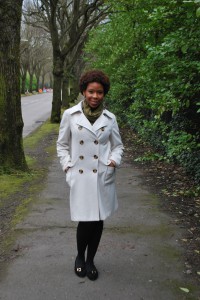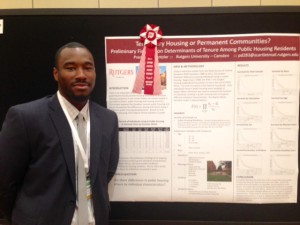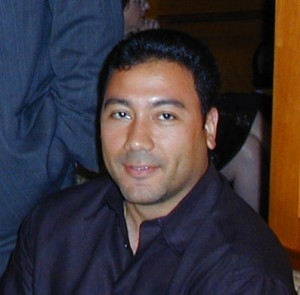Category: News
Next CURE seminar, Angel Rodriguez: Friday, November 14, 2014 @ 12:15pm
Please join us for our next seminar:
“To, For, With”…
Angel Rodriguez
Vice President of Community Economic Development
Asociación Puertorriqueños En Marcha (APM)
Friday, November 14, 2014 12pm – 2pm
Private Dining Room Campus Center
Lunch will be served
Philadelphia is known for being a city of neighborhoods, neighborhoods with very distinct flavors, amenities and people. How do these neighborhoods experience and deal with change? Is change something that is done “to” the neighborhood, done “for” the neighborhood or more importantly done “with” the neighborhood? (more…)
DPPA doctoral candidate Rasheda L. Weaver project selected for Federal Reserve Bank of Philadelphia’s Community Development Graduate Research Forum on 10/21/2014
 Doctoral student Rasheda L. Weaver’s research project entitled “Survey of Community Attitudes and Utilization of Cooper River Park West” was part of a successful revitalization effort to restore Cooper River Park West, a park closed for over 14 years. Rasheda’s research surveyed over 100 Camden community members on their attitudes towards safety, maintenance, utilization, and desired features regarding Cooper River Park West. (more…)
Doctoral student Rasheda L. Weaver’s research project entitled “Survey of Community Attitudes and Utilization of Cooper River Park West” was part of a successful revitalization effort to restore Cooper River Park West, a park closed for over 14 years. Rasheda’s research surveyed over 100 Camden community members on their attitudes towards safety, maintenance, utilization, and desired features regarding Cooper River Park West. (more…)
CURE affiliated scholar Dr. Brandi Blessett awarded with fellowship from the Center of Accountability and Performance
For details, please visit CAP Selects Fellows for Measurement Research PA TIMES Online
Join us for screening of “The Garden” — Friday, October 31, 2014
The Center for Urban Research and Education and the Digital Studies Center present a film and discussion series exploring Metropolitan and Urban issues
The Garden (2008) From the ashes of the L.A. riots arose a lush, 14 acre community garden, the largest of its kind in the U.S. Now bulldozers threaten its future.
Discussant: Mike Devlin, Executive Director and Nohemi Soria, USDA Community Food Access Manager from Camden Children’s Garden
Friday, October 31, 2014 – 12:00pm – 2pm
Faculty Lounge, 3rd floor, Armitage Hall
Lunch will be provided
~~~~~~~~~~~~~~~~~~~~~~~~~~~~~~~~ (more…)


